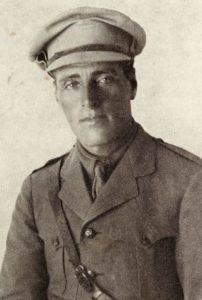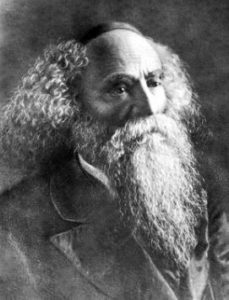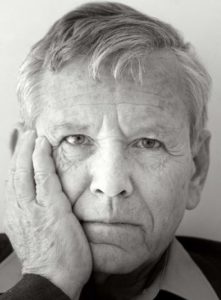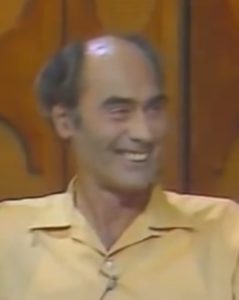An Unparalleled Genius and a Zionist Icon

Joseph Trumpeldor
Joseph Volfovich Trumpeldor (1880-1920) was born in Russia, the son of a cantonist (young Jews forcefully conscripted into the Russian army). He became a dentist, but in 1902 enlisted in the Russian army. Trumpeldor lost his left arm in one battle of the Russo-Japanese War, yet wanted to continue serving, reportedly saying “I still have another arm to give to the motherland.” He returned to the battlefield and was captured by the Japanese. Trumpeldor spent most of his captivity studying, learning more about Judaism, Jewish history, and the Zionist cause. He even started writing on Jewish topics and found fellow Jewish prisoners who dreamed of settling in the Promised Land. Upon his release, he received four medals, and was later made an officer, making him the most decorated Jew in the Russian army, and its first Jewish officer. Unable to return to the military, he became a lawyer. In 1911, Trumpeldor made aliyah and settled in Kibbutz Degania. With the outbreak of World War I, he went to Egypt to establish the Jewish Legion (which fought for Britain) alongside Ze’ev Jabotinsky. The legion, also known as the Zion Mule Corps, is considered the first entirely Jewish military unit in two thousand years, and a precursor to the IDF. It helped the British conquer the land of Israel from the Ottoman Turks. Trumpeldor was a key soldier in that effort, and was wounded in the Battle of Gallipoli. After the war, he returned to Russia to gather more young Jews to settle in Israel. In 1920, while working to build the new town of Tel Hai, a band of Arabs attacked the Jewish community. Trumpeldor was shot twice, and succumbed to his injuries. According to legend, his last words were “Never mind, it is good to die for our country.” Trumpeldor immediately became a symbol of Jewish strength, self-defense, and resilience, and an inspiration for a new generation of Zionists. The day of his death, the 11th of Adar (this coming Monday), is a minor holiday in Israel.

Rabbi Yosef Rosen, the Rogatchover Gaon
That same date is also the yahrzeit of Rabbi Yosef Rosen (1858-1936). He was born in the town of Rogatchov (in modern Belarus) to a Chabad family. By the age of 13, he was recognized as a genius and was sent to study with some of the great rabbis of the day in the town of Slutzk. At 31, he was appointed one of two chief rabbis of Dvinsk (in modern Latvia), and served in that role for nearly five decades, until his last days. Rabbi Rosen ensured the survival and flourishing of Jewish life under Russian Imperial, and then Communist, rule, often with great sacrifice to himself. Meanwhile, he published several important works of Jewish commentary and Jewish law. Some of his best writings were published only after his death, under the title Tzafnat Paneach, “Decipherer of Secrets”. Rabbi Rosen was known as the Rogatchover Gaon, the “Genius of Rogatchov”, and was famous for his unbelievable breadth of knowledge on just about any subject. After once meeting him for a lengthy discussion, the renowned poet Bialik said that “from the mind of the Rogatchover could be carved out two Einsteins” and that he is “a great spiritual national treasure.” Rabbi Rosen had many students, including Rabbi Menachem Mendel Schneerson, the Lubavitcher Rebbe, who also received his rabbinic ordination from the Gaon. The Rebbe once said that Rabbi Rosen was able to simplify all of Judaism into ten ideas, and quoted him as saying: “Were I a little bit smarter, it would be only one idea!”
Did You Know These Famous People Converted to Judaism?
Words of the Week
Love and work are the two things you have to do in life.
– Sigmund Freud


